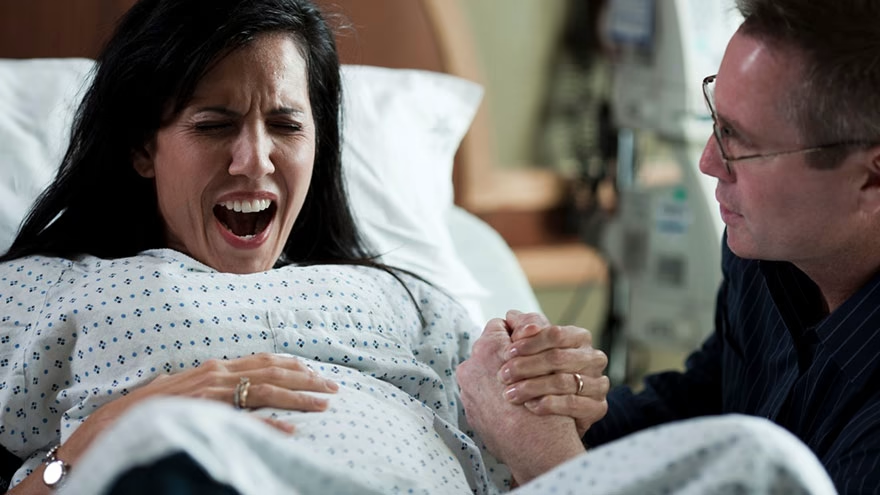
The morning after pill is a form of emergency contraception. You can take it after having unprotected sex to prevent pregnancy. It is available without a prescription for females who are at least 17 years classic.
Pill Chemicals
The morning after pill contains a high dose of progestin, which is a synthetic hormone designed to mimic naturally occurring progesterone, and estrogen, which prevents ovulation. Some brands contain a single chemical called levonorgestrel, which behaves similarly.
The Pill And Ovulation
The introduction of progestin or levonorgestrel into your body at a high enough dose will prevent ovulation from occurring. Ovulation is the release of an egg. If no egg is released when sperm are present in your body, fertilization will not occur.
The Pill And Sperm
The morning after pill thickens cervical mucus in the uterus, making it less fertile. The thicker the mucus, the harder it is for sperm to travel through it to reach an egg.
Effects On The Current Menstrual Cycle
The menstrual cycle in which the morning after pill is taken may be shorter or longer due to the burst of hormones. How your cycle will be affected will depend on how your body metabolizes sex hormones.
Future Menstrual Cycles
The menstrual cycle following the one in which emergency contraception was taken should be like normal, because your hormone levels will have returned to their usual amounts.You Might Also Like :: Do You Have to Be Ovulating to Get Pregnant?
Save for later
Found this helpful?
Pin this article to your Pinterest board and come back to it whenever you need a reminder.
Save to Pinterest


